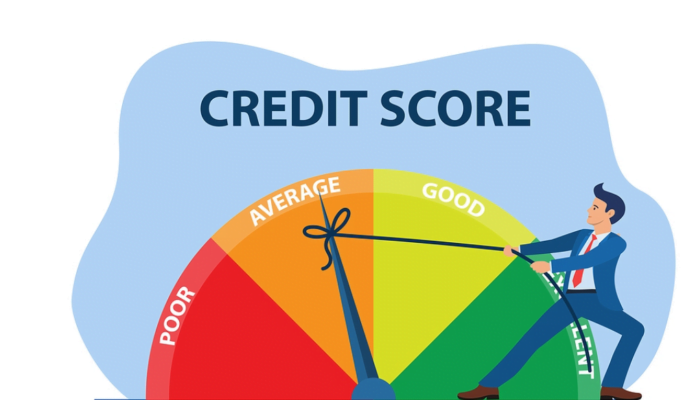
Credit Card shows the worth of a client, ranging from 300 to 850. The better a borrower seems to potential lenders, the higher their score. A credit score is based on a person’s credit history, including the number of open accounts, the total amount of debt, the history of payback, and other elements. Lenders use credit scores to determine the likelihood that a borrower would make timely loan repayments.
Well, to make it easier to understand, your credit score is like how much you have deposited, bet, and withdrawn from your betting account if you are interested in casino cashback gaming. You always like to keep records of your spending, so that your gambling won’t affect your overall budget.
The Fair Isaac Corp., now known as FICO, developed the credit score model, which financial institutions utilize. Although there are several credit scoring systems, the FICO Score is the most popular. A person can raise their score in several ways, including timely loan repayment and maintaining a modest debt load.
Five important elements from your credit history are used to compute your credit score. These elements consist of the following:
- History of credit used
- Kind of debt
- The full debt amount
- How have you been able to pay off your debts?
- Any further lines of credit
Understanding Credit Scores
Your credit score might dramatically impact your financial life. It is important to determine if a lender will provide you with credit. For instance, subprime borrowers are often those with credit scores below 640. To make up for taking on additional risk, lending institutions frequently charge interest rates for subprime mortgages that are higher than those for normal mortgages. Borrowers with bad credit could also demand a co-signer or a shorter payback period.
The Usage of Your Credit History and Score
Every time you apply for a loan or a new line of credit, or even try to rent an apartment or start an account with a utility provider, your credit history and credit score are reviewed. Before offering a loan, credit, or service, financial institutions, lenders, landlords, and utility companies must evaluate the risk posed by the customer.
One of the key advantages of good credit is that companies will view you as less dangerous if your credit history is steady, you have managed your debt properly, and your credit score is high. You are viewed as a danger if your credit score is unstable, you haven’t been responsible with your payments, and your credit score is low.
Importance of Credit Score
While it is possible to survive with bad credit, doing so will likely take time and effort. For the following reasons, building and keeping high praise will make life much simpler for you.
More Earning Potential
You’ll be able to access more financial options if you have good credit. Financial institutions and credit card firms want to ensure that they do business with reliable clients with a track record of making on-time debt repayments. One of the major benefits of having good credit is that you are more likely to get authorized for loans or lines of credit if your credit history and score are strong. On the other hand, your chances of being approved for loans and credit cards would be decreased if your credit history and credit score demonstrate poor debt management. You can be outright rejected based on your past and score.
Decreased Interest Rates
One benefit of having good credit is that it is more inexpensive to obtain additional credit, which helps to ease the process of getting authorized for a loan or credit card. You pay interest when you take out a loan or acquire a line of credit. A lender or credit card provider will charge you an interest rate when you keep borrowing. You are obligated to repay the loan amount and the interest. Your interest rates on credit cards and loans will be cheaper the better your credit is. Long-term, lower interest rates can result in significant cost savings for you. On the other hand, low credit scores result in higher costs and higher interest rates for credit cards and loans.
More Persuasive in Negotiations
When you apply for a new loan, don’t be afraid to haggle over the terms if you have a good credit score. Your credit history shows the bankers and lenders that you can repay them on time and consistently, so use it as the power to negotiate a lower interest rate or a better repayment plan.
Less Stress
Beyond your financial situation, having a good credit score can make your life happier and less stressful. When you don’t have to worry about money all the time or be burdened by bad credit, it’s much simpler to unwind and concentrate on developing your profession and life. When you apply for positions in the financial sector, for instance, some employers will do a credit check on you before sending you an offer letter.
Zero Security Deposits
With strong credit, you can also avoid paying exorbitant security deposits when opening new accounts. When you start an account with a utility provider, you might have to pay a security deposit if your credit is bad. Electricity, cable, internet, and cell phone companies, among others, analyze the credit histories of their customers to assess whether they can count on prompt payments. When opening an account, persons with bad credit are frequently required to pay a security deposit; in contrast, those with strong credit will profit by avoiding those fees.











